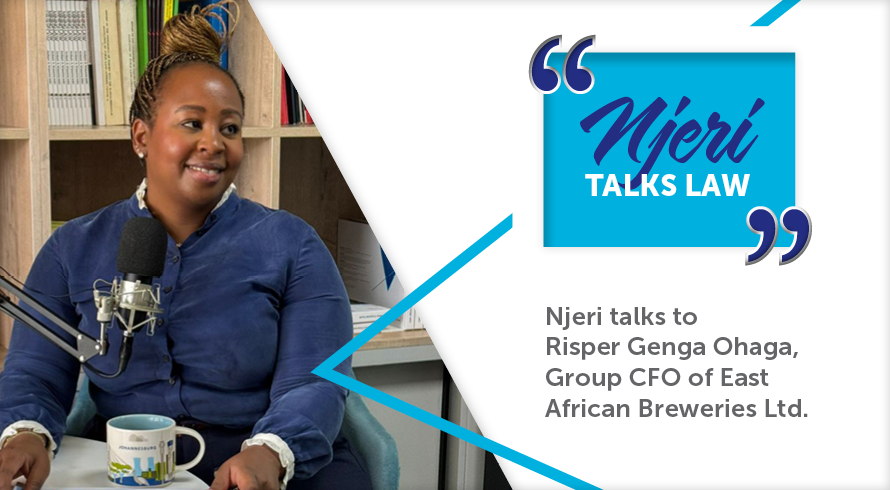The impact of pinterest on copyright laws
Copyright vests exclusively with the creator of the work or in the person who has commissioned or acquires the work from the creator (copyright holder). The right to control, exploit and distribute the work vests in the copyright holder. These rights are considered economic rights and may be licensed or assigned to third parties by way of agreement. Additionally, the creator of a work also maintains a moral right to the work which incorporates the right to authorship and integrity. If not contractually varied, these personal rights attach to the works even after the licence or assignment of rights to a third party. The creator must, therefore, always be credited and will be entitled to object to any modification of the work which would prejudice his/her reputation.
Pinterest poses a threat to the copyright and moral rights vested in an artist. By way of example, Pinterest users are able to “pin” an image directly from a website and are also able to download images from Pinterest itself. Where an image is “pinned” directly from the original source, the link to the source will be attached to the “pin”, visible to all other Pinterest users. Where an image has been downloaded from its original source and uploaded to Pinterest, however, the Pinterest user is provided with the opportunity, and not the requirement, to provide the link to the original source. Needless to say, there are many unsourced images being “repined” on a daily basis which directly impact the moral rights of the copyright holder. Pinterest not only provides its users with the option to save a “pin” on to a “pin” board but also to embed or download an image directly from Pinterest for the user’s own use. Pinterest is therefore able to provide access to an image and facilitate its distribution as part of its service resulting in many unlicensed images being exploited for commercial gain throughout the world without royalties being paid to the copyright owner.
Pinterest itself is protected against any claims of copyright infringement in terms of s512 of the Digital Millennium Copyright Act of 1998 with the result that a copyright holder’s sole remedy against Pinterest is to lodge a copyright complaint with Pinterest who will then investigate the complaint. If the complaint is found to be valid, Pinterest will remove the image from its platform. The copyright holder will then need to institute direct action against any Pinterest user who has infringed his/her copyright in order recover any damages suffered as a result.
The information and material published on this website is provided for general purposes only and does not constitute legal advice. We make every effort to ensure that the content is updated regularly and to offer the most current and accurate information. Please consult one of our lawyers on any specific legal problem or matter. We accept no responsibility for any loss or damage, whether direct or consequential, which may arise from reliance on the information contained in these pages. Please refer to our full terms and conditions. Copyright © 2025 Cliffe Dekker Hofmeyr. All rights reserved. For permission to reproduce an article or publication, please contact us cliffedekkerhofmeyr@cdhlegal.com.
Subscribe
We support our clients’ strategic and operational needs by offering innovative, integrated and high quality thought leadership. To stay up to date on the latest legal developments that may potentially impact your business, subscribe to our alerts, seminar and webinar invitations.
Subscribe



